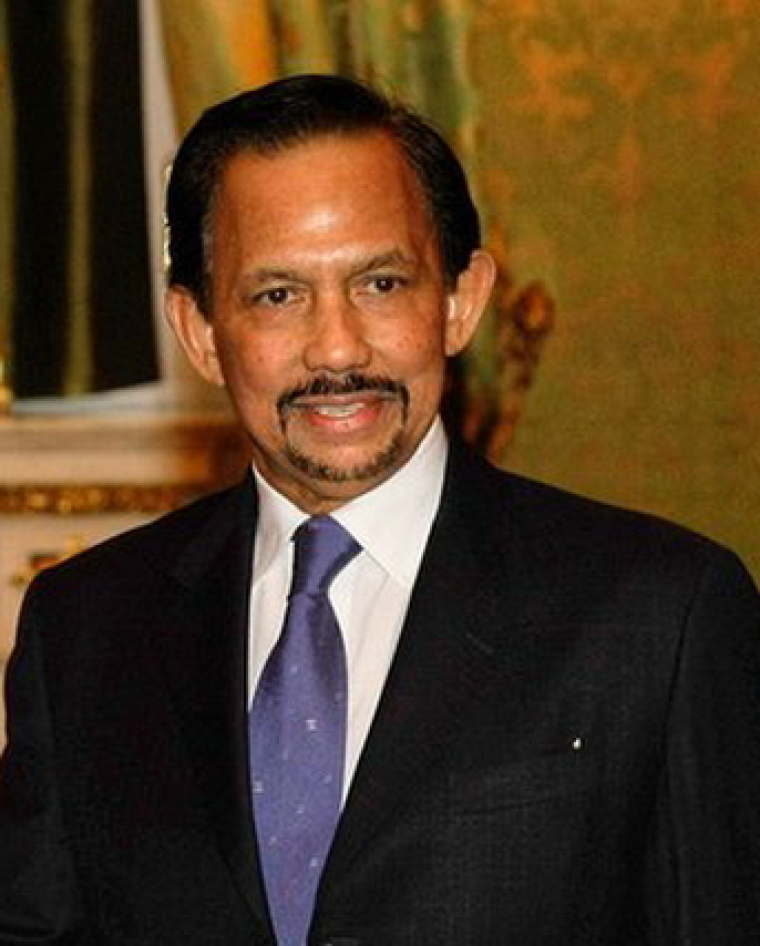
The laws, which will be introduced in three phases over the next two years, have been criticised both in and outside of Brunei.
In a letter to the Sultan of Brunei, Hassanal Bolkiah, the International Commission of Jurists (ICJ) said that the new penal code violates international human rights standards. It raised concerns about the imposition of the death penalty and other penalties that constitute torture or other cruel, inhuman, or degrading treatment or punishment; discrimination against women; and violation of the rights to religious freedom, freedom of opinion and freedom of expression.
There has been much criticism of the code by Bruneians on social media, prompting a warning from the Sultan that critics could be prosecuted under the new laws.
Non-Muslim communities, who comprise around a third of the population, are especially concerned. They would be liable to face the harshest sharia penalties for certain crimes, such as robbery and adultery.
The new laws will also further restrict their already constrained rights and freedoms.
The government of Brunei has long promoted the Shafii school of Sunni Islam and discouraged the practice of other religions; evangelism by non-Muslims is illegal, and non-Muslim public religious gatherings are restricted.
Under the new measures, non-Muslims are banned from using 19 Islamic words, including "Allah", and there are penalties for printing, disseminating, importing, broadcasting and distributing publications contrary to Islamic teaching.
Converts from Islam as well as those who help them to change their religion will be especially endangered. Criticising Islam or bringing it into contempt will reportedly be punishable by death or 30 years in prison and 40 lashes.
Those who commit apostasy, leaving Islam, are liable to face the death penalty.
Before the new penal code was introduced in Brunei, elements of sharia law were already in force, but these mostly concerned family matters.
Christians comprise around ten per cent of the population.